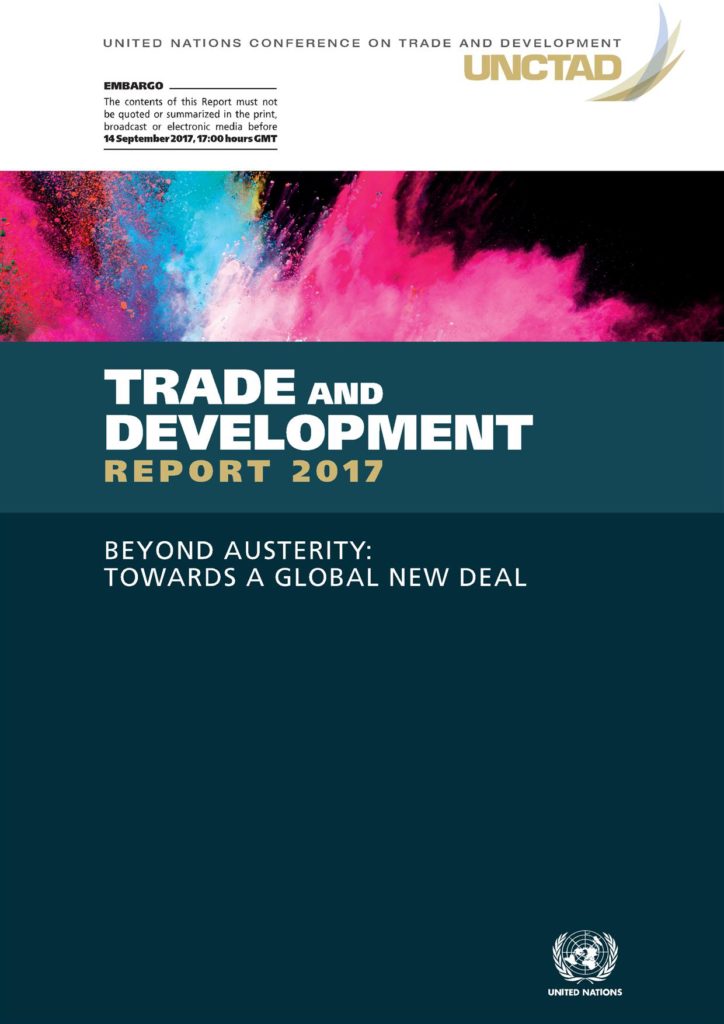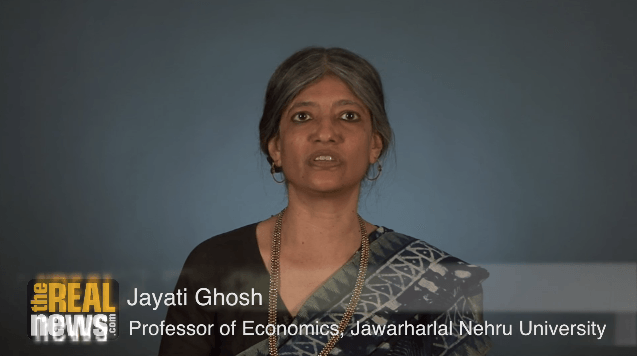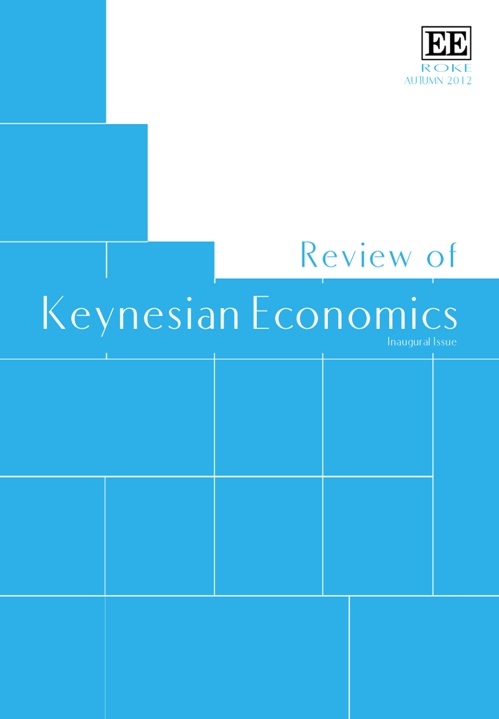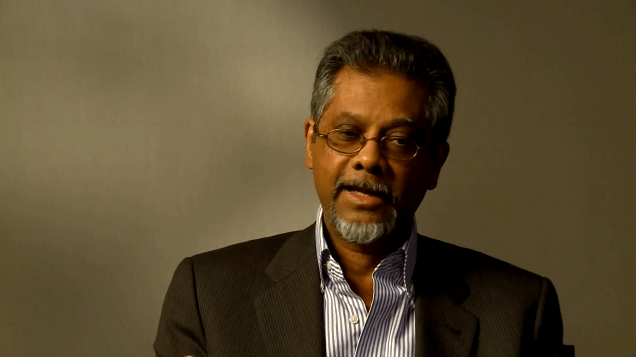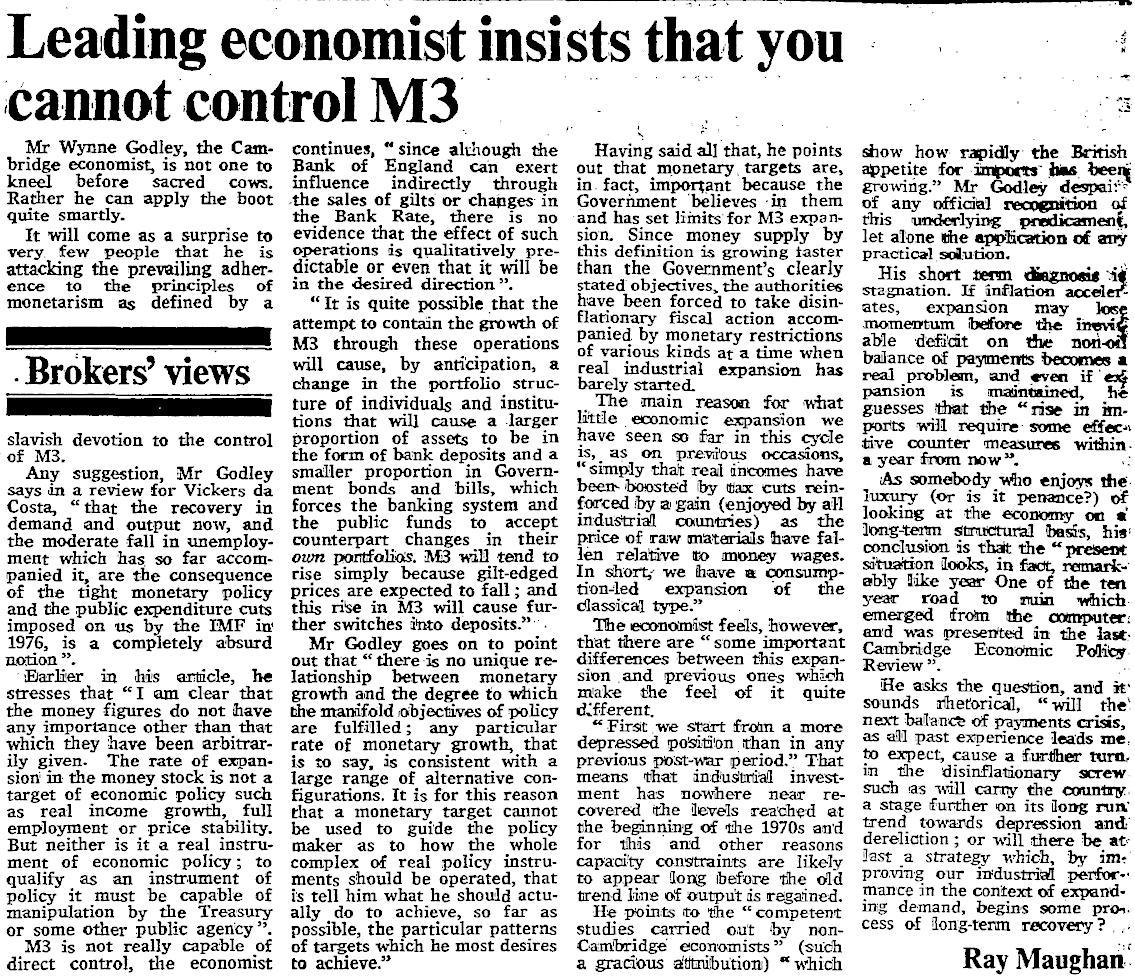The United Nations 🇺🇳 Conference On Trade And Development (UNCTAD) publishes wonderful annual reports on trade and development. These are written by heterodox authors many times. Alex Izurieta, Francis Cripps, Jayati Ghosh are a few contributors. This year’s report is here. 200 pages!
The report has detailed discussion on robots and its impact. This is quite different from what one hears normally.
From the press release:
With the United States withdrawing from its role as global consumer of last resort, recycling surpluses is a key element in rebalancing the global economy. The report turns the spotlight on the eurozone – especially Germany – which is now running a large surplus with the rest of the world. The recent Group of 20 proposal made by Germany – a Marshall Plan for Africa – is welcome, but so far lacks the requisite financial muscle. The trillion-dollar Belt and Road Initiative of China is much bolder, even as its surplus has dropped sharply over the last two years.
The report draws lessons from 1947, when the International Monetary Fund, the World Bank, the General Agreement on Tariffs and Trade and the United Nations joined forces to rebalance the post-war global economy, and the Marshall Plan was launched. Seven decades later, an equally ambitious effort is needed to tackle the inequities of hyperglobalization to build inclusive and sustainable economies.
In response to the political slogan of yesteryear – “there is no alternative” – the report outlines a global new deal to build more inclusive and caring economies. This would combine economic recovery with regulatory reforms and redistribution policies, and do so with speed and at the requisite scale. The successes of the New Deal of the 1930s in the United States owed much to its emphasis on counterbalancing powers and giving a voice to weaker groups in society, including consumer groups, workers’ organizations, farmers and the dispossessed poor. This is no less true today.
In today’s integrated global economy, Governments will need to act together for any one country to achieve success. UNCTAD urges them to seize the opportunity offered by the Sustainable Development Goals and put in place a global new deal for the twenty-first century.
In addition, you can see the two short videos here.
